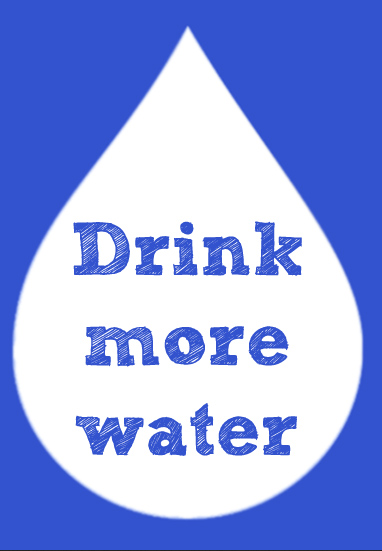Weight Loss Results Improve with Water Consumption
Once you have undergone weight loss surgery, it is vitally important to remain hydrated. This can

only be done by consuming plenty of water. Delicious, nutritious H2O may be the most important thing you can provide to your body, but many people don’t drink the amount of water needed to remain fully hydrated and healthy.
Because the human body is approximately sixty percent water, it does not function correctly when hydration levels are less than ideal. Dehydration, or lack of water in the body, can lead to such issues as fatigue, headaches, reduced concentration levels, and slight memory loss.
Even Slight Dehydration Can Harm Bodily Functions
Though dehydration may only be noticeable when you are sweating vigorously, such as during exercise, this condition can affect bodily functions even while resting. Therefore, hydration is an important issue to consider as the weight comes off. Because the body loses water through many of its daily functions, it is important to follow your doctor’s instructions regarding hydration requirements after weight loss surgery. However, the standard guideline is sixty-four ounces per day.
Your body has its own built in alarm when hydration is low. The best indication that you need an increased water intake is thirst. Additionally, both the color and quantity of your urine can be a good indicator as well. The clearer your urine is, the more properly hydrated you are. Additionally, normal hydration levels should result in urinating at least once every two hours or so.
Water is the Bariatric Patient’s Best Friend
When you need hydration, water is your friend – especially if you on a doctor recommended low calorie diet after weight loss surgery. The process of hydration is crucial for a healthy body, especially after undergoing weight loss surgery. Not all of the body’s hydration comes from water, however. Here are a lot of other great sources from which the body derives fluids to stay hydrated and healthy.
Eating fresh fruits and vegetables.
Approximately twenty percent of your daily fluids come from foods digested by the body. Some good examples include tomatoes, oranges, and many other fresh garden items which are packed with hydrating fluids.
Drink skim milk.
When consumed in moderation, skim milk can help provide the hydration your body needs, as well as some other key nutrients that are also beneficial for other processes in the body.
Avoid caffeine and alcohol.
Though these are normally purchased in liquid form, the stimulating effect of caffeine and alcohol can actually leave the body dehydrated. While drinking caffeinated or alcoholic beverages, it is important to also drink plenty of water with them. It is also important to note that these beverages and drinks are normally high in calories.
